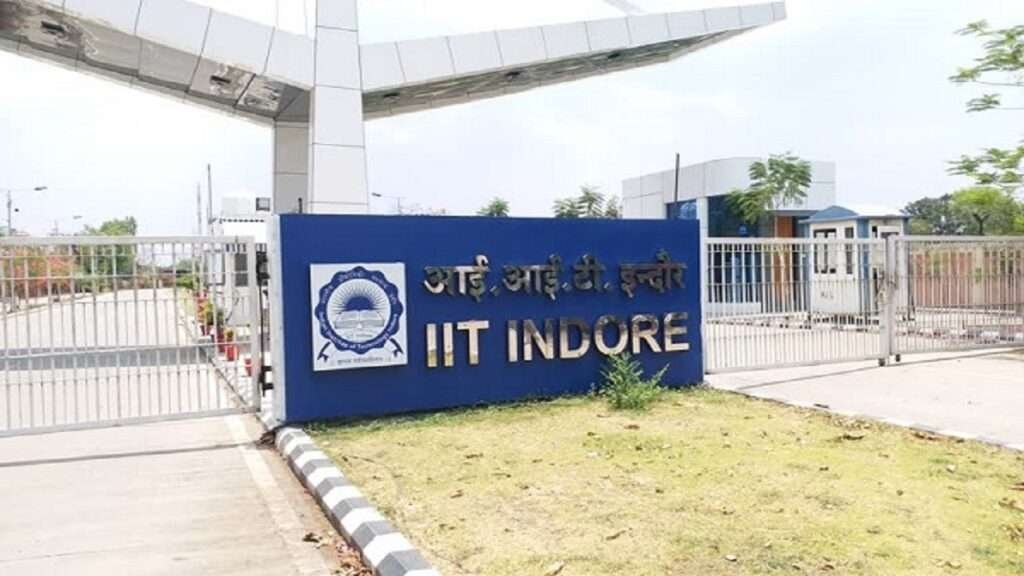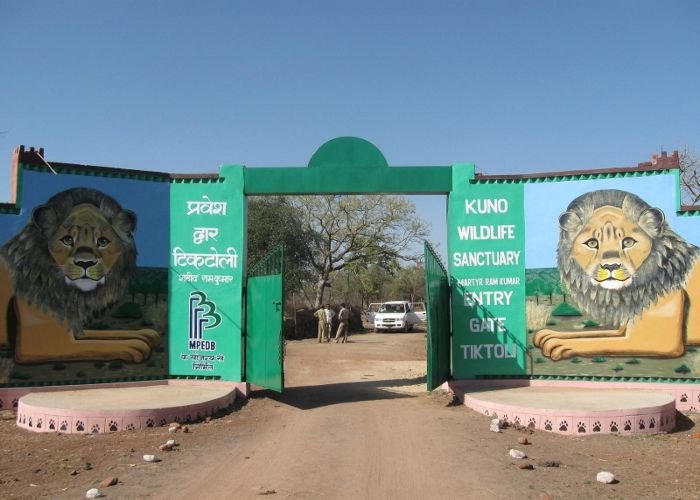Indore (Madhya Pradesh): IIT Indore hosted a one-day workshop titled “Standards for the Changing Climate: A Shared Vision for a Better World” on Monday, focusing on addressing the challenges posed by climate change through the lens of standardisation.
The event, which was organised in collaboration with the Bureau of Indian Standards (BIS) and the DST-CPR Centre for Policy Research, attracted around 70 participants, including students, research scholars and faculty members. Prof Manish Goyal from the Department of Civil Engineering at IIT Indore led the workshop, which included expert talks and collaborative discussions.
The workshop featured a series of enlightening lectures from industry experts, including a session by August Dubey, deputy director of BIS who outlined the important role of BIS in nation-building and emphasised the significance of quality standards across economic, social, and environmental dimensions.
He highlighted key BIS standards, such as hallmarks and the ISI mark, documentation and discussed their contributions to societal sustainability. He engaged the audience in a discussion about the necessity of developing quality products to meet standard requirements.
Jimmy Shah, COO of Infinite Environmental Solutions Limited, engaged participants in an in-depth discussion about carbon footprints and the critical aspects of carbon emissions, including their relationship to climate change. He explored the various types of carbon emissions and their impact on the global carbon market, particularly in the context of standardisation.
He also shared insights on the documentation and regulations established by the United Nations related to standardisation, addressing various issues in the carbon sector.
Prof Satanand Mishra, scientist, CSIR AMPRI, delivered a lecture on the application of artificial intelligence in environmental impact assessment and management. He effectively simplified complex concepts for the audience, demonstrating how the objectives of standardisation can be achieved through the integration of artificial intelligence in environmental initiatives.




